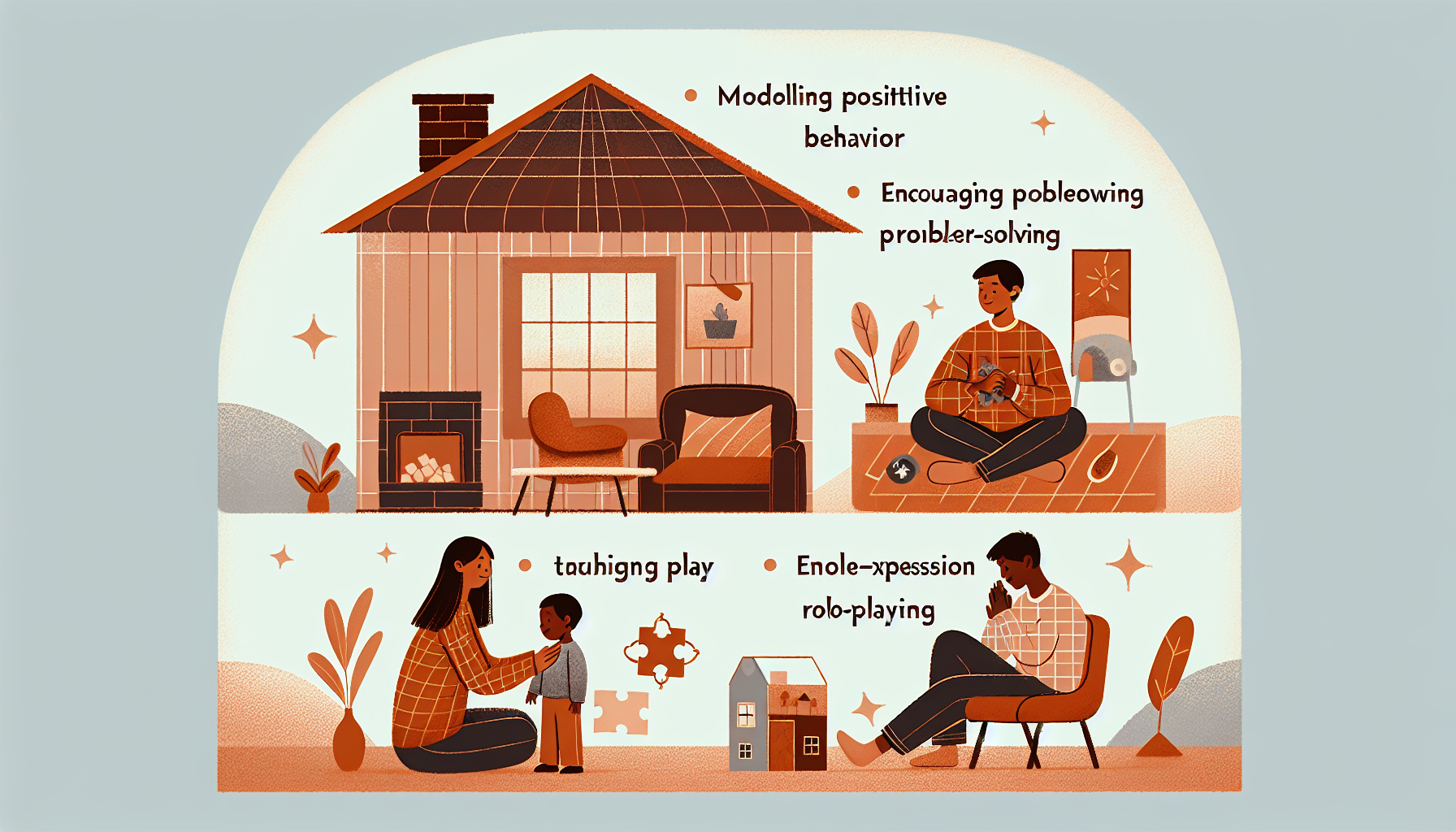How to help your child overcome failure
How to Help Your Child Overcome Failure Failure is a natural part of life, yet it can be particularly challenging for children who are still learning to navigate their emotions and experiences. As parents, our role is crucial in helping
Read More









